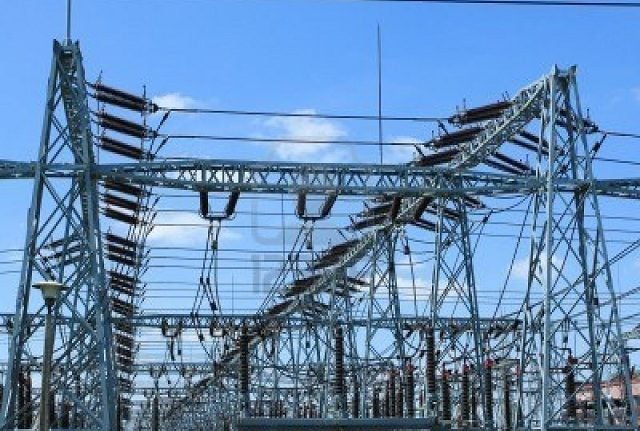Kenya Power could be compelled to compensate customers for unplanned power outages that cause property damage, business loss, or death.
The firms will pay affected customers within three months after a claim is determined.
Kenya Power and other licenced electricity suppliers are on edge as regulator advances rules on consumer compensation and penalties for unreliable services.
The energy regulator is advancing the development of new regulations that could see Kenya Power pay customers for unreliable electricity supply.
The Draft Electricity (Reliability and Quality of Supply and Quality of Service) Regulations, 2022 compel power firms to compensate customers for unplanned power outages that cause property damage, business loss, or death.
The firms will pay affected customers within three months after a claim is determined.
However, customers will not be compensated if the power outage or irregular supply was caused by third-party interference with the firm’s supply lines, inevitable accident, force majeure, customer’s fault, and illegal activities on the company’s infrastructure or if a report is not made within 30 days of the outage.
“A licensee shall be liable to pay appropriate compensation to a person if due to failure, poor quality or irregularity of electricity supply, the person incurs damage to his or her property, financial loss, loss of life due to negligence or avoidable default by the Licensee, provided that the breach is reported in writing within thirty (30) days of the breach,” the draft regulations by the Energy and Petroleum Regulatory Authority (Epra) said.
The regulator is recruiting a consultant to review the financial impact this would have on power companies as well as other firms along the power supply chain.
The consultant will also be tasked with identifying the effect the proposed regulations will have on the economy at large, mapping out the firms that will be affected directly or indirectly by the draft regulations, and consulting and recording their input on the same.
“The objective of the study is to identify the potential economic, environmental, and social impacts of the draft regulations in Kenya,” said Epra.
“The objective of the study is to assess the potential impact of the draft regulations on the cost of electricity to consumers.”
Should the proposal for penalties be upheld in the final regulations, Kenya Power will be a big loser as it stands to be inundated by claims from especially industrial customers for financial loss resulting from frequent and unplanned outages.
Power blackouts in Kenya remain high. Official data from Kenya Power shows the Customer Average Interruption Duration Index (CAIDI) – that is the average duration each customer was off the power supply in a month – stands at 4.03 hours.
However, most of the outages result from planned maintenance of the firm’s power infrastructure.
Nation




